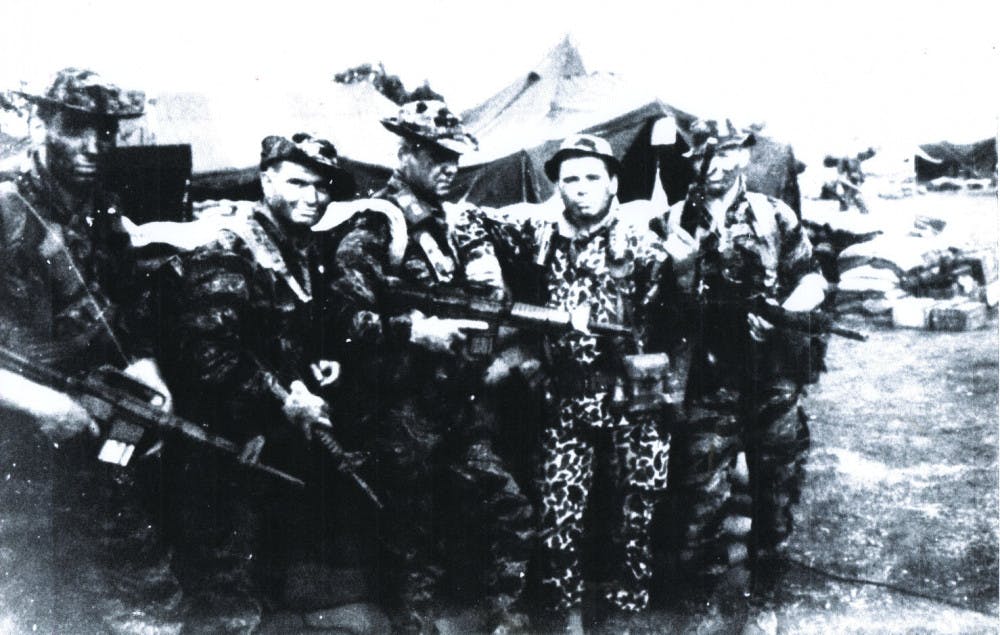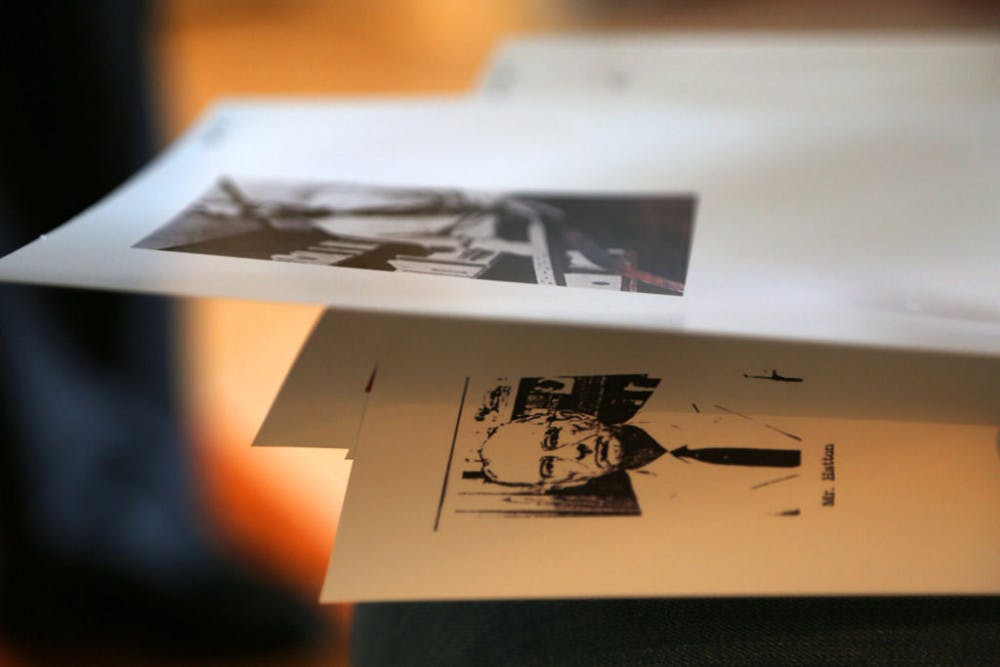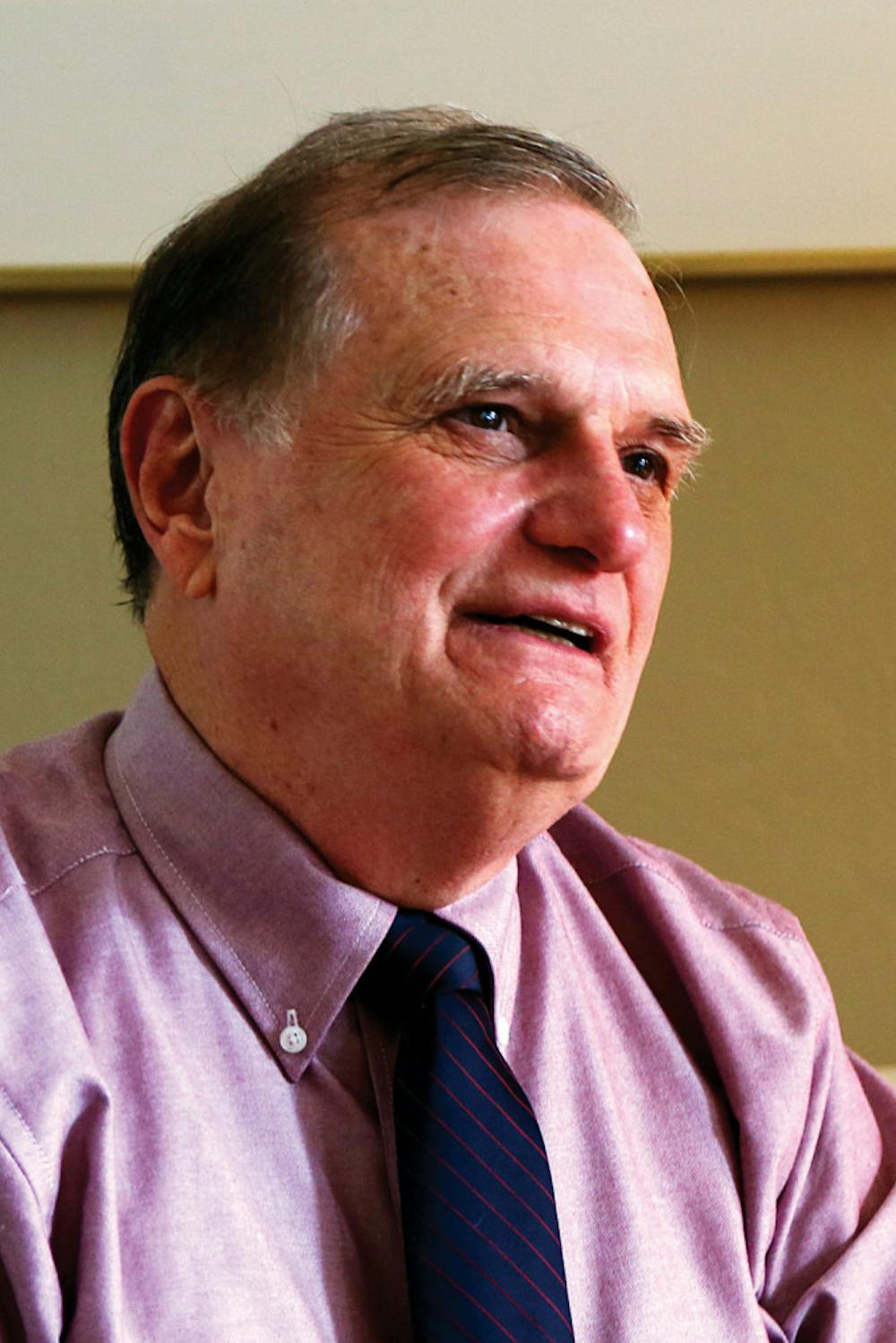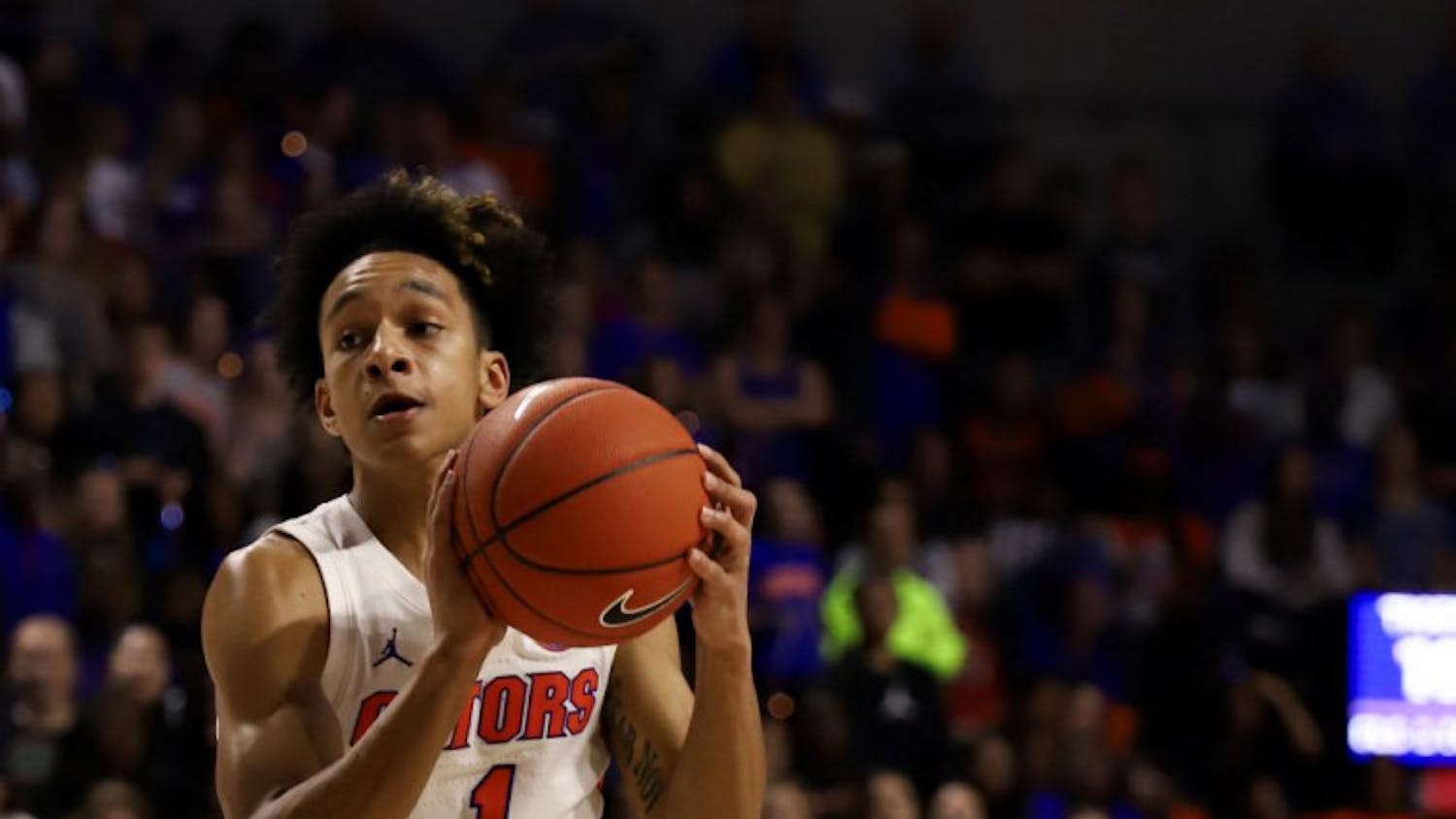Three blackberries were worth 30 whips.
That was the price of hunger for Bryant E. Middleton.
He was 14.
It was a typical punishment for students in Florida School for Boys in Marianna, Florida, most recently known as Arthur G. Dozier School for Boys.
“My thought at that point and time was ‘My God, what have I gotten myself into?’” Middleton, now 70, said as he recalled his time spent at the school.
At a school intended to provide an education to juvenile delinquents, Middleton became a survivor as his classmates went missing and suffered abuse at the hands of state workers.
Yet even as Marianna residents and state officials deny the horror in their backyard, Senate Bill 708 sits on Gov. Rick Scott’s desk — a bill that would offer the courtesy of burial to the families of the lost boys.
But for Middleton, now a resident of Gainesville, the city where he found safety, no amount of money can erase the years of abuse.
“They stole our hope. They took away our dignity. They frightened us every single day,” he said. “These weren’t convicts. These were children. And they allowed it to happen.”
• • •

Middleton’s smart mouth got him sent to the Florida School for Boys.
When his mother put him before a judge to scare him, he said he didn’t want to go home.
The judge leaned across his desk and told him: "Boy, I got just the place for you.”
His mother’s two beauty shops in his Miami hometown weren’t enough to keep Middleton from going to bed hungry. He preferred the youth center he was first sent to.
Instead, he got Marianna.
When he got to the school, he signed his name in careful letters. Bryant Middleton.
Middleton’s three blackberries sent him to the White House, the building where boys were severely punished.
But not all boys who were sent to the White House came out alive. The screams of children who begged for their mothers and God were drowned out by a large fan, he said.
Middleton feared he wouldn’t come out of the White House.
He was forced to lay face-down on a blood-stained pillow on a thin mattress and told to grip the frame’s metal railing.
The mattress had stains of vomit, pee and tears.
Bryant laid down, not knowing what was about to happen.
He remembers the sound of the paddle hissing through the air before the searing pain.
And he remembers Arthur G. Dozier, who would later become the superintendent and the school would be renamed after him, as he slapped his hand against the wall with every strike.
“The only thing he said was: Another. Another. Another.”
• • •

Pictured are printed photos of former state workers at the reform school for boys in Marianna, Florida, most recently known as the Arthur G. Dozier School for Boys.
Middleton left Dozier little after a year, and the memories and the scars kept him fighting long after for the boys he left behind.
He coped with the nightmares by running behind enemy lines in Vietnam. He needed to prove to himself that he could protect himself and never feel helpless again. As a soldier, he earned two purple hearts, countless scars and five bullet wounds.
But no matter how far he ran, his past found him — a past he never shared with anyone.
It wasn’t until his wife was reading an article in the Northwest Florida Daily News that the horrid memories of his childhood came back.
“Have you ever heard of a place called Marianna?” She asked before handing him the paper.
His hands trembled as he took it from her and began to read.
Once he told her about his time at Marianna, she was angry that something like this could happen in Florida. She encouraged him to speak up.
“If you can fight, you need to,” she told him. “If you saw someone being beaten in the street, you couldn’t just stand there. You have to do something.”
Middleton became one of the few who took a public stance against the state.
He became a liaison between lawyers and the survivors of the school.
The bill, drawn up by Sen. Arthenia L. Joyner, D-Tampa, addresses the victims of the school in Marianna. It addresses the reports of abuse, the nearly 100 deaths that occurred at the school and the investigation by the University of South Florida, which found 55 burial sites with 51 bodies. The bill also sets a task force that will decide where a memorial will go to honor the students of the school.
It sets aside $500,000 of the state budget, up to $7,500 for families to properly lay their children to rest.
Money can’t fix the school’s 111 years of neglect, abuse, violence and betrayal, but it’s a small step toward closure for the families who never saw their boys come home.
Gov. Rick Scott has until the end of the month to make a decision about the bill.
The bill acknowledges the crimes that shouldn’t have occurred in the first place, said former Florida Gov. Bob Martinez.
He serves as a senior policy adviser for the law firm Holland & Knight, which is representing the White House Boys against the state.
“We’re trying to bring attention to what happened at Dozier,” he said.
Middleton doesn’t think it’s enough, but it’s a start.
He still cries when he thinks of his days at Marianna.
“The only thing we’re asking for is a little bit of justice. We’re not asking for a hand out, we’re asking for accountability,” he said.
Bryant E. Middleton, 70. “They stole our hope. They took away our dignity. They frightened us every single day,” he said. “These weren’t convicts. These were children. And they allowed it to happen.”
Pictured is Middleton, second from left, while he was serving in the U.S. Army. During his 22-year tenure, he earned two Purple Heart medals.






